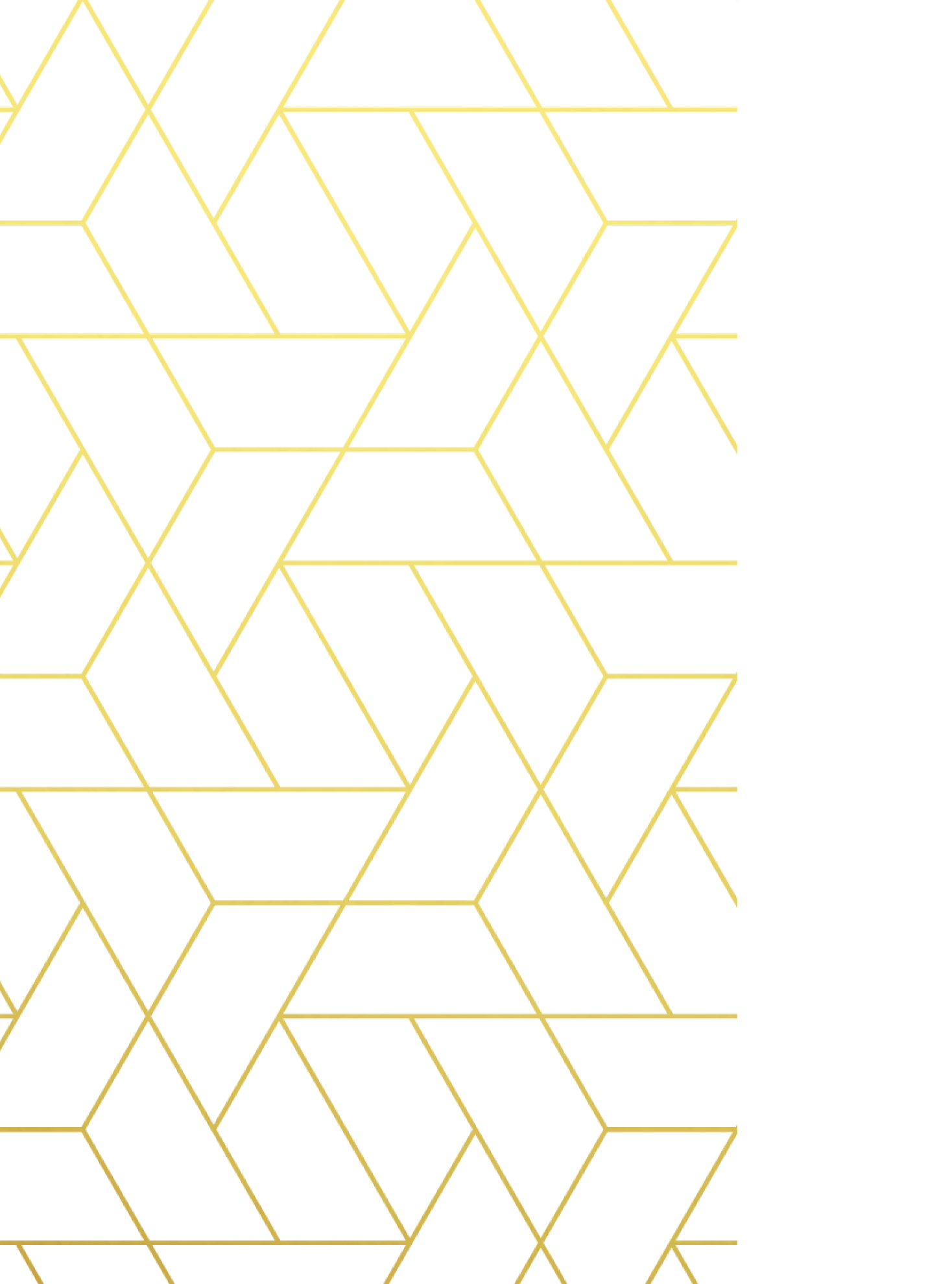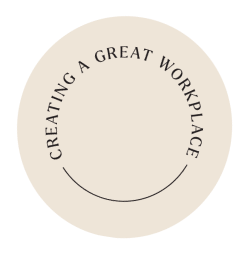I recently had the opportunity to ask Dr. Taryn Marie Stejskal, Founder and Chief Resilience Officer of the Resilience Leadership Institute, host of the Flourish or Fold Podcast and Author of the book, Five Practices of Highly Resilient People a few questions about what it takes to build resilient cultures. I think you’ll find her answers below to be enlightening and equipping as we dig deep to personally and professionally thrive amidst challenge.
Q: Taryn, in your work, you’ve identified five practices of particularly resilient people. For my community of organizational culture-builders, which practice (or practices) stands out to you as especially essential?
Before I start, I want to give a definition of what resilience is and is not. Resilience is not merely bouncing back. It’s also not just maintaining a mentality of “this too shall pass.”
Resilience is about being able to engage in a challenge and to allow yourself to be fundamentally changed by that experience, to allow the challenge to enhance us, rather than diminish us. You become a different person and you have the opportunity to grow and change. In exchange we receive the gifts of enhanced confidence, strength, wisdom, and courage.
With that said, the practice that stands out to me most is vulnerability. Vulnerability is the practice of allowing our inside self, our thoughts, feelings and emotions to match the outside self we show to the world. Vulnerability is a foundation of resilience because if you think about it, we can’t be authentic or empathetic without first connecting with our own vulnerability.
Three practical ways to enhance our resilience through the practice of vulnerability are to:
- Admit when we don’t know the answer or feel unsettled by an experience, rather than pretending we are okay,
- Rely on others in our network for support — I like to say the only insane thing is to attempt to be sane all the time, and,
- Share our challenges and failures as much as we share our achievements and successes.
Q: Many of our organizations are undergoing transformations as a result of both challenges and opportunities created by the pandemic. Instead of saying “bounce back,” you like to say “bounce forward;” why is that?
There is a common misconception that resilience is synonymous with “recovery”, “elasticity”, and the notion of bouncing back into shape. I believe this line of thinking is toxic and potentially damaging and here’s why: Humans are fundamentally and forever changed by the challenge, change, and complexity we encounter. Neuroplasticity is the brain’s ability to grow and change in response to our experiences. We do not recover, but instead, rebuild. We do not bounce back, we bounce forward.
Q: The topic of mental health is more timely in our organizations than ever. Can you share a little about what you’ve learned about how cultures can promote mental health for all employees?
This is the first time since the Spanish Influenza pandemic that we, as a global population, are all having the same shared experience. COVID-19 is a single experience that is knitting us together and has put a spotlight on mental health like never before.
You’ve likely heard the phrase “Tone at the Top” in the context of leadership. In order to promote mental health for all employees, it has to flow from the tone at the top. Those we lead need to see vulnerability and empathy from us. If the leaders do not recognize the importance of mental health, the rest of the organization will not recognize it either.
I recently had a situation where the Resilience Leadership Institute (RLI), the company I founded and lead as Chief Resilience Officer (CRO), had to make a decision that was a true “Tone at the top” moment. We have been working on a project for a year and a half now and the project was scheduled to launch in December 2021. A key member of our team came to me before the launch and expressed that she was not in a good headspace, was grappling with mental health, and didn’t know if she could see the project through. We couldn’t launch without her and were faced with a choice: do we ask her to push through to meet the deadline or do we delay? We ultimately decided to delay, because at the end of the day, she and her mental health were more important to us. We had the opportunity to demonstrate that people are more important than products, and in the long run, even though we needed to spend more cash and wait to see a financial return on this offering, it is worth it to have our team member in a good place, and to have the honor of knowing that we could show up and support her in her time of need. It was a real ‘put your money where your mouth is’ moment, and I feel good that our actions aligned with the values we espouse at RLI.
I’ve heard before that we aren’t born with resilience. Resilience is something that is slowly built over time and is invaluable both personally and in the workplace. Building a Resilient culture in your organization is one important factor in whether or not your organization will (in the words of Dr. Taryn) “flourish or fold.”

About Dr. Taryn Marie Stejskal
Dr. Taryn Marie is the #1 international expert on resilience, in both leadership and life, whose mission is to positively impact the lives of 1B people, through the concepts of resilience, by 2030. She is recognized as a leading global authority on resilience, wellbeing, and mental health by the Washington Speaker’s Bureau (WSB). Dr. Taryn Marie is the Founder and Chief Resilience Officer (CRO) of Resilience Leadership Institute (RLI) and believes that resilience is the key to individual and organizational actualization and acceleration across the globe. You can learn more about Dr. Taryn and her work on resilience here.
Together, we truly can build Unstoppable Cultures!
Sincerely,
Ginger





